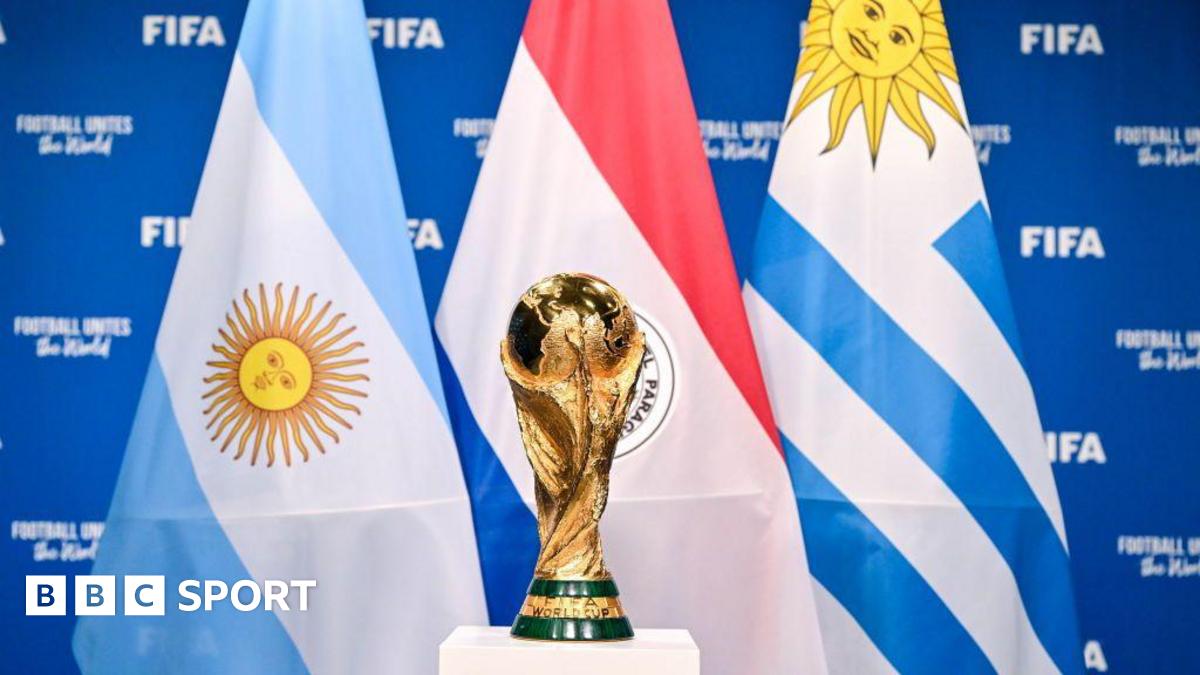Concacaf Stands Firm Against 2030 World Cup Expansion Proposal
Understanding the Proposed Expansion
On face value, expanding the World Cup to 64 teams holds a tempting allure — more teams mean more matches, player visibility, and opportunities for nations previously on the fringes of qualifying. However, experts argue that this could dilute the competitive nature of the tournament and strain organizational resources.
Concacaf's Stance
Victor Montagliani, leading figure of the Confederation of North, Central America, and Caribbean Association Football (Concacaf), voiced firm disagreement, highlighting logistical challenges and possible negative effects on the tournament's quality. Montagliani stated,
“The World Cup’s prestige lies in the caliber of football it represents. Expanding too rapidly might compromise this essence.”
Global Reception and Concerns
While some football federations support the expansion citing inclusivity, many share Montagliani's reservations. Organizational burdens, potential mismatches in team quality, and increased costs are noted concerns. Prominent voices on Twitter and professional media like LinkedIn are sharing diverse perspectives on this heated topic.
Historical Context
The World Cup first expanded to 32 teams in 1998 and has retained this format since. The upcoming 2026 World Cup will increase to 48 teams, co-hosted by the U.S., Canada, and Mexico, already raising logistical discussions.
Potential Implications
Expanding to 64 teams could revamp the format but poses questions about maintaining football quality. The balance between showcasing global talent and retaining an elite standard makes this a controversial subject.
- Enhanced visibility for emerging football nations.
- Concerns over quality mismatch between high-ranked and lower-ranked teams.
- Logistical and financial burdens on host nations.

Image Source: BBC Sport
Community and Fanbase Reactions
Football fans are divided. Some argue for inclusivity and representation, while others favor preserving the competition's exclusivity. Exploring this discourse on platforms like YouTube reveals a spectrum of passionate views.
As discussions unfold, the football world watches closely how both fans and officials might sway the final decision regarding the 2030 World Cup format. Stay connected to updates through sports news platforms like BBC Sport and related football management books that delve deeper into tournament logistics and implications.
